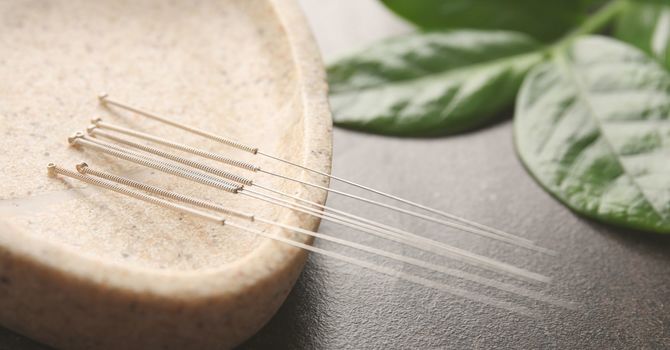Stress is an unavoidable part of life, but its effects on the body can be profound. While we often associate stress with feelings of anxiety or overwhelm, its physical manifestations can be just as impactful. Recognizing how stress shows up in your body is the first step toward addressing it holistically.
The Physical Signs of Stress
Stress doesn’t just live in the mind—it weaves itself into the body in ways we may not always recognize.
1. Muscle Tension & Pain
Stress often triggers muscle tension, especially in the neck, shoulders, and jaw. Clenching your jaw or experiencing frequent headaches may be signs that stress is accumulating in your body.
2. Digestive Disruptions
The gut and brain are deeply connected, meaning stress can lead to digestive issues such as bloating, nausea, or changes in appetite. Conditions like IBS (Irritable Bowel Syndrome) can also be exacerbated by chronic stress.
3. Shallow Breathing & Increased Heart Rate
Under stress, the body shifts into a "fight-or-flight" response, often leading to rapid, shallow breathing and an elevated heart rate. This can contribute to feelings of anxiety and even dizziness.
4. Sleep Disturbances
Difficulty falling asleep, staying asleep, or waking up feeling unrested can all be linked to stress. A mind that doesn’t slow down at night can keep the nervous system on high alert.
5. Skin Issues
Stress can lead to flare-ups of skin conditions such as acne, eczema, or psoriasis. Increased cortisol levels may also contribute to inflammation, affecting the skin’s ability to heal.
6. Fatigue & Low Energy
Even when you get enough sleep, chronic stress can leave you feeling drained. The body's constant activation of the stress response depletes energy reserves over time.
Holistic Ways to Release Stress from the Body
Once you recognize where stress is showing up, you can take steps to release it. Try some of the following:
1. Breathwork & Deep Breathing
Conscious breathing helps shift the nervous system from "fight-or-flight" to "rest-and-digest." Try diaphragmatic breathing or alternate nostril breathing to promote relaxation.
2. Gentle Movement & Stretching
Practices like yoga, tai chi, and stretching can help release tension stored in the muscles while also calming the mind.
3. Acupuncture & Reflexology
These ancient healing practices support nervous system regulation and help release stored stress from the body.
4. Grounding Practices
Spending time in nature, walking barefoot on the earth, or practicing mindfulness can help bring the body back into balance.
5. Restorative Sleep Rituals
Creating a calming nighttime routine, reducing screen time, and incorporating relaxation techniques before bed can improve sleep quality.
Final Thoughts
Stress may be inevitable, but how we respond to it makes all the difference. By tuning into your body’s signals and integrating holistic practices, you can create a foundation of resilience and well-being.

Green Mountain Holistic Healing
Contact Me




